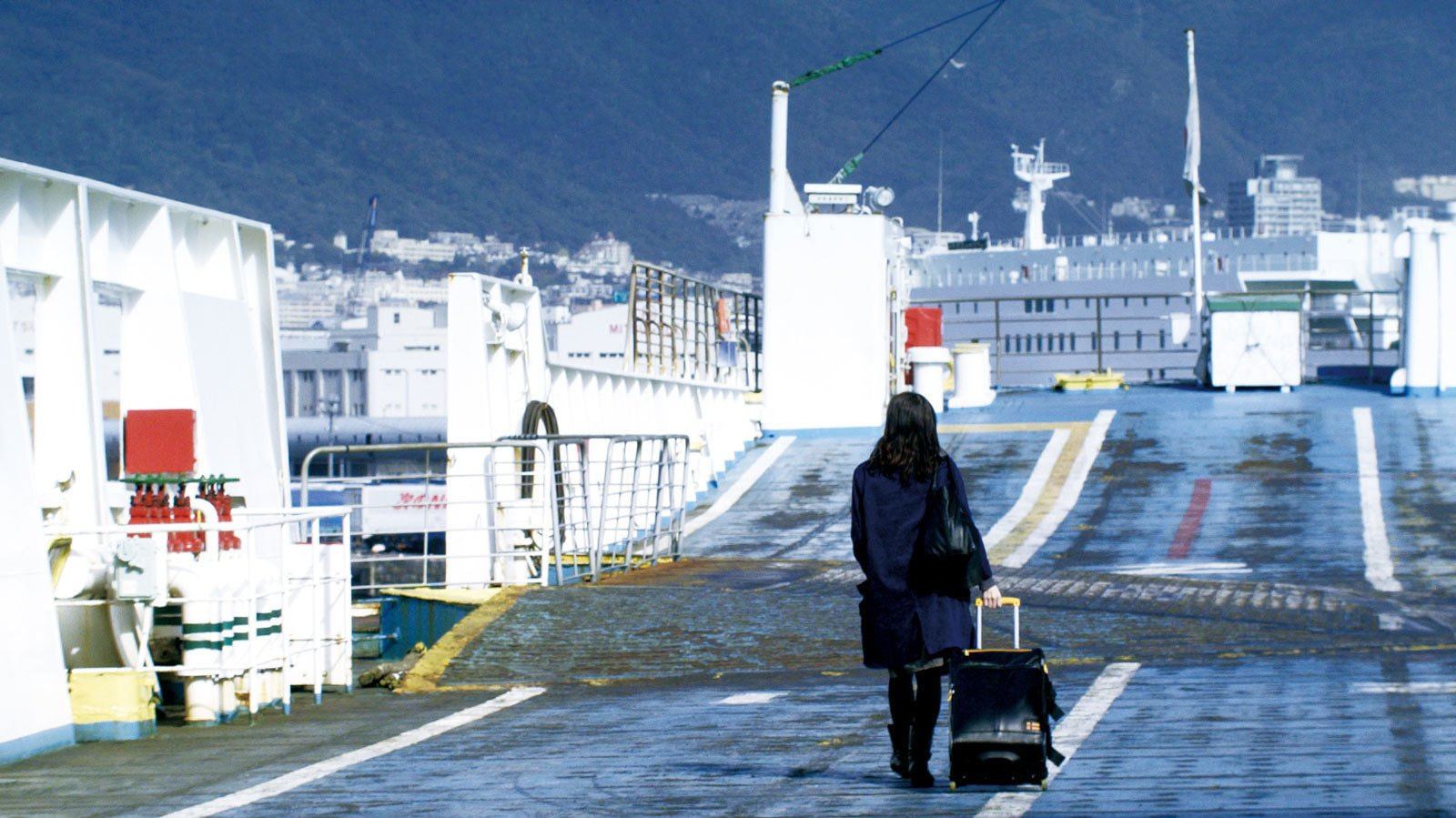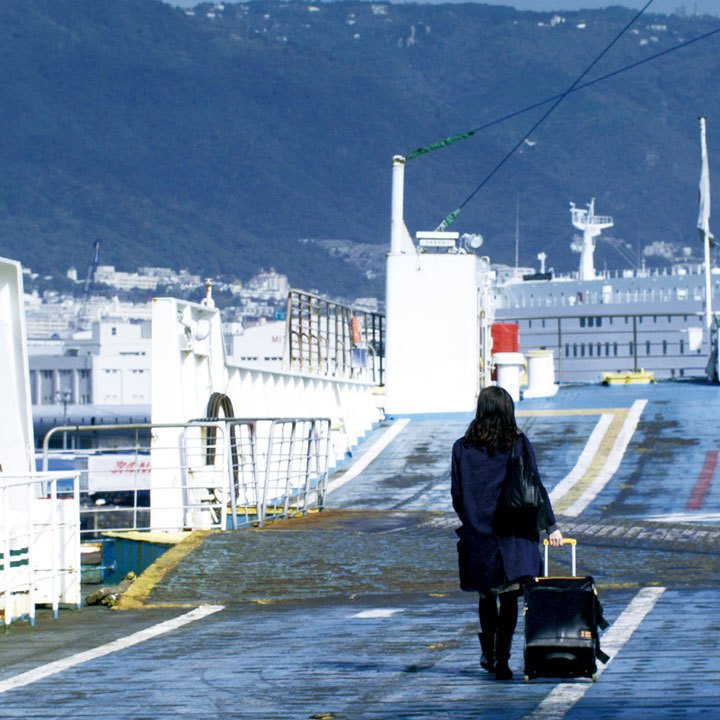Four friends living in the Japanese city of Kobe—a nurse named Akari, Sakurako, the housewife, unemployed Jun, and Fumi, the museum curator—revisit their relationships with each other and with their partners after one of them files for a divorce. The five-hour drama premiered at Locarno in 2015, where the four leads shared the Best Actress award, and the film itself earned a special mention for its script.
Inspired by the improvisational cinema of John Cassavetes, the cleverly structured pictures of Jacques Rivette, and the boozy comedy-dramas of Hong Sang-soo, Happy Hour is a leisurely paced and delicate yet uncompromisingly honest drama where people talk a lot but leave even more unsaid. Hamaguchi paints a portrait of Japan’s middle class: rigid, stiff, and deeply patriarchal despite its seeming progressiveness. Within the five hours of the film, four men—a conservative white-collar worker, a bohemian editor, a charismatic charlatan, and a headstrong biologist—will learn to value their women, while the women learn to act without apologizing.
Like Mariano Llinás’s La Flor—another masterpiece of many hours screened in Locarno—Happy Hour is buoyed by the performances of the four leads playing contemporary Japanese thirty-something women who refuse to accept the roles forced onto them by society. While their male partners value rationality and balance, the four women choose intuition, solidarity, and empathy. Physical practices, a court hearing, a game of mahjong, literary readings, nightclub dancing, and many drunken conversations unfold in real-time, immersing the viewer in the world of the four protagonists.
Happy Hour
Director: Ryūsuke Hamaguchi
Japan, 2015. 317 min. 16+
Supported by the Japan Foundation.

